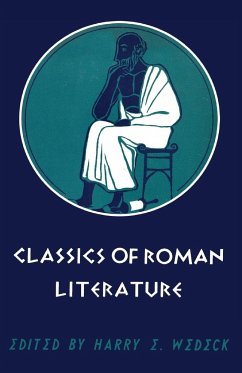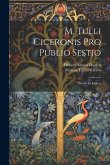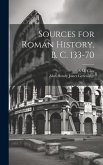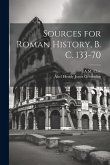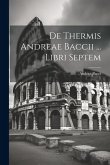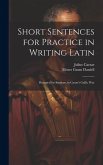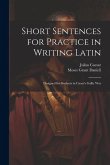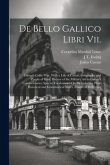Sprung from a small pastoral colony on the banks of the Tiber, the Romans became the masters of the universe. They were a more earthy, indeed a more pragmatic and realistic people, than the Greeks. They absorbed Greece, and built their empire on the foundations of that conquered nation. What they contributed to the West is primarily the concept of colonial administration. They codified law. They built-aqueducts and forts, bridges and military highways, across Europe, from Hadrian's Wall to the garrison town of Lambaesis in North Africa, from the Danube to the Asiatic frontiers. They subjugated most of the nations of Europe and Asia Minor, and after their military conquests they offered the Pax Romana. This treasury is an anthology, in English translation, of the most distinctive literary achievements of the Romans, in the fields of drama, philosophy, history, satire, oratory and analogous categories. The passages selected are of such a nature as to be complete in themselves or so self-contained as to be readily understandable. Some of the versions have long been standard renderings; in other instances, the editor has himself contributed a translation. In its totality, this chrestomathy should confirm the enduring impact made by Roman civilization, and furnish evidence of the heritage that they have bequeathed to us.

